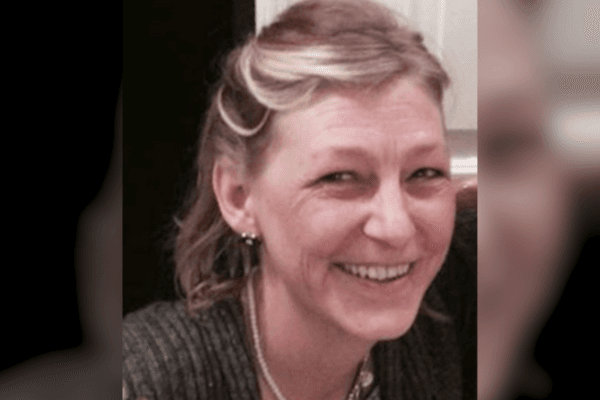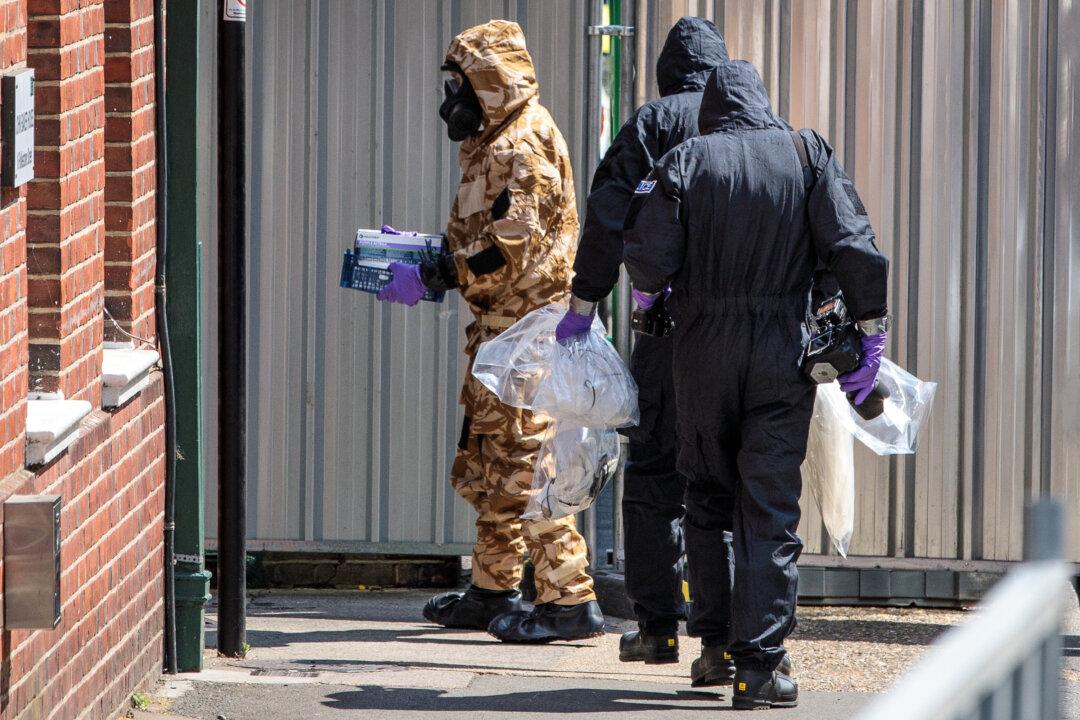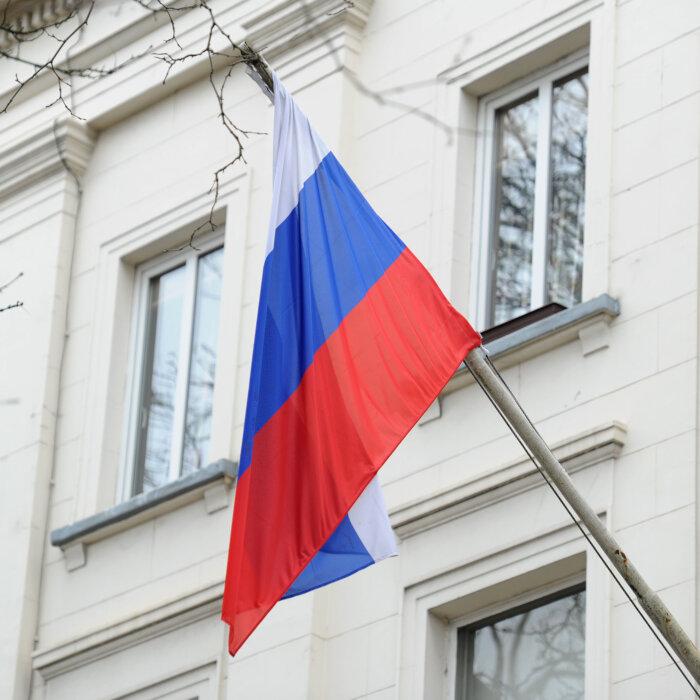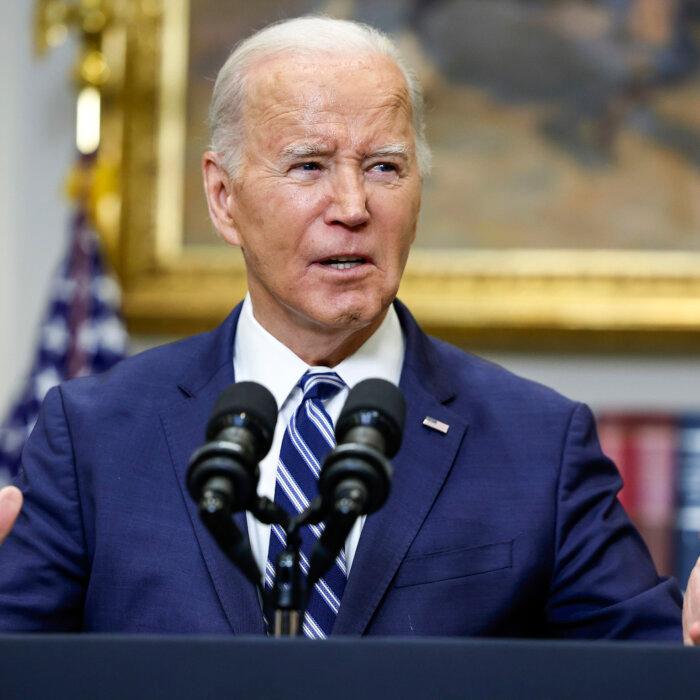The perfume bottle carrying Novichok which fatally poisoned Dawn Sturgess contained enough nerve agent to kill thousands of people, an inquiry has heard.
Monday saw the opening of the Dawn Sturgess Inquiry at The Guildhall in Salisbury to consider how the 44-year-old woman was killed after being exposed to the chemical weapon which had been left in a discarded perfume bottle in Amesbury, Wiltshire, in July 2018.
Her death followed the attempted murder of former Russian agent Sergei Skripal and his daughter Yulia in the English cathedral city of Salisbury some 10 miles away in March of that year, after they had been exposed to the same nerve agent.
British authorities believed that members of Russian military intelligence (the GRU) had smeared Novichok on the doorknob of Sergei Skripal’s home.
Caught in the Crossfire
The Skripals and then-police officer Nick Bailey—who was also poisoned after being the first to enter the Skripals’ home—had survived, as did Sturgess’s boyfriend Charlie Rowley who had unwittingly given her the perfume bottle he had found.Andrew O'Connor, KC, counsel to the inquiry, said Sturgess had lived a life “wholly removed from the worlds of politics and international relations,” but that when she was poisoned by Novichok four months after the Salisbury incident, ”the real possibility emerged that she had been caught—an innocent victim—in the crossfire of an illegal and outrageous international assassination attempt.”
“Whether or not that is in fact what happened will, of course, be for you to determine,” he told the inquiry.
The counsel continued that one aspect of Sturgess’s death which was particularly shocking was that the victim had unwittingly applied the poison to her own skin.
O'Connor continued: “She was entirely unaware of the mortal danger she faced, because the highly toxic liquid had been concealed—carefully and deliberately concealed—inside a perfume bottle.
Initial Hospital Treatment
The inquiry heard that Sturgess had suffered from long-term alcohol dependence, but in the months before her death was described as settled, with her mother saying she was “the happiest she’d been for a long time.”O'Connor said the family wants to understand why doctors at the hospital treating Sturgess initially thought her symptoms were caused by a drug overdose.

The legal counsel said Sturgess’s family wanted to know “whether any of the things that may have gone wrong in Dawn’s treatment could have made a difference to her chances of survival.”
Skripals
The inquiry will examine whether Sturgess’s poisoning could have been prevented, but also whether British authorities had taken appropriate precautions to protect Sergei Skripal.The inquiry was told that Sergei Skripal was born in Russia and then became a paratrooper before becoming a member of the GRU.
Russia accused him of spying for the UK and in 2004, was convicted of espionage and sentenced to 13 years in prison.
In 2010, he received a presidential pardon and was brought to Britain on a prisoner exchange.
O'Connor said that given he was a former member of Russian military intelligence and was living in the UK “arguably placed him at some risk.”
Sergei Skripal was aware of this fact himself, having said during a police interview in 2018 after the incident that he knew “a lot of Russian secrets, top secrets, they are really dangerous for Russian special services,” the inquiry heard.
During that interview, Skripal said he believed Russian President Vladimir Putin was responsible for poisoning him or “at least given permission for the attack on Yulia and me. Any GRU commander taking a decision like this without Putin’s permission would have been severely punished.”
O’Connor also said senior Foreign Office official Jonathan Allen had provided the inquiry with a statement in which he said the government believes Putin “authorised the operation.”
Moscow continues to deny the charge.
The inquiry continues for the rest of this week in Salisbury. It will then adjourn for a week and resume the week beginning Oct. 28 in London.
The Skripals will not be giving evidence at the October inquiry over fears for their safety.







